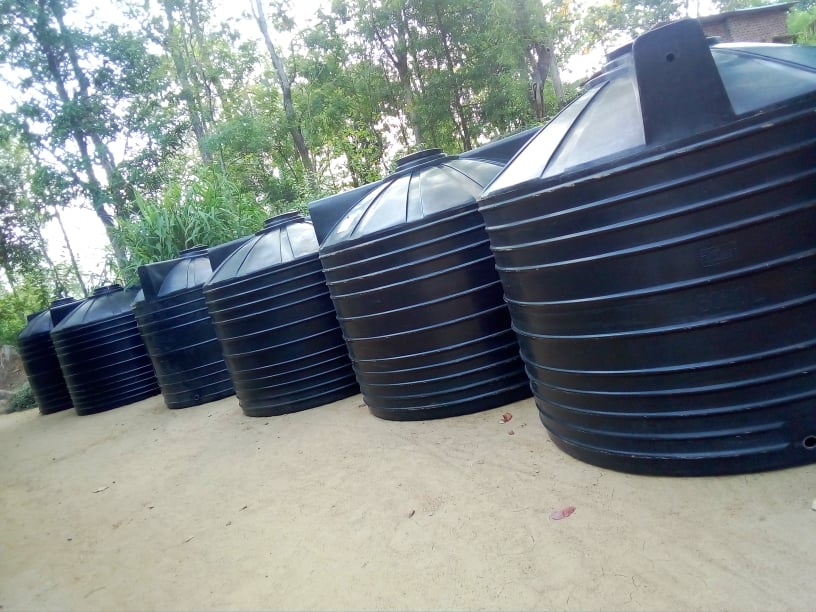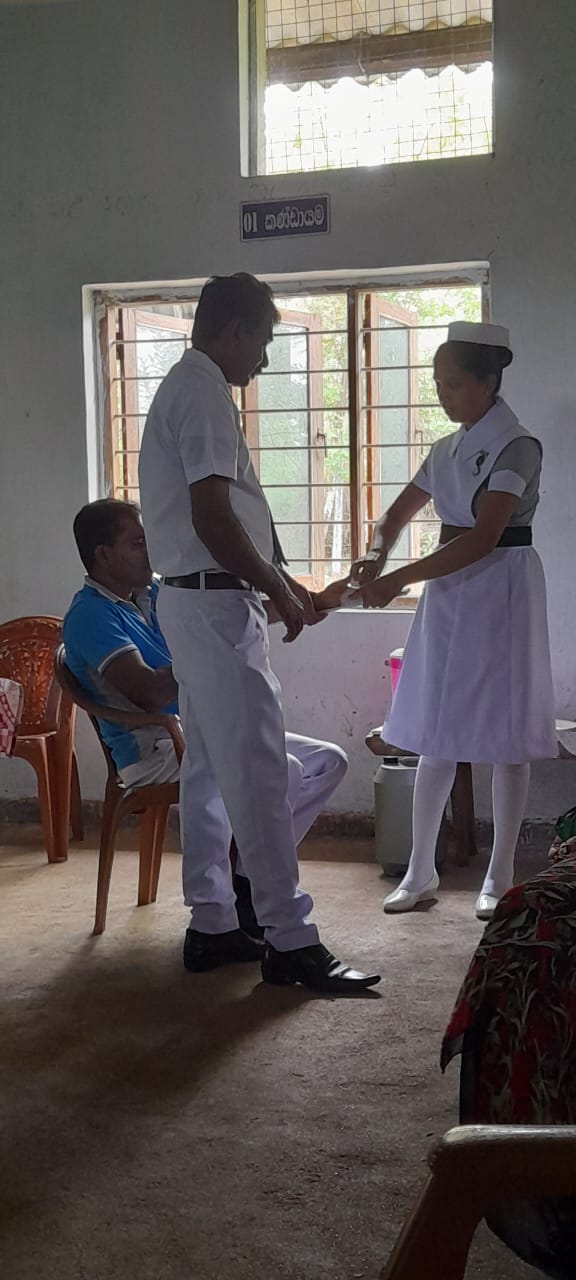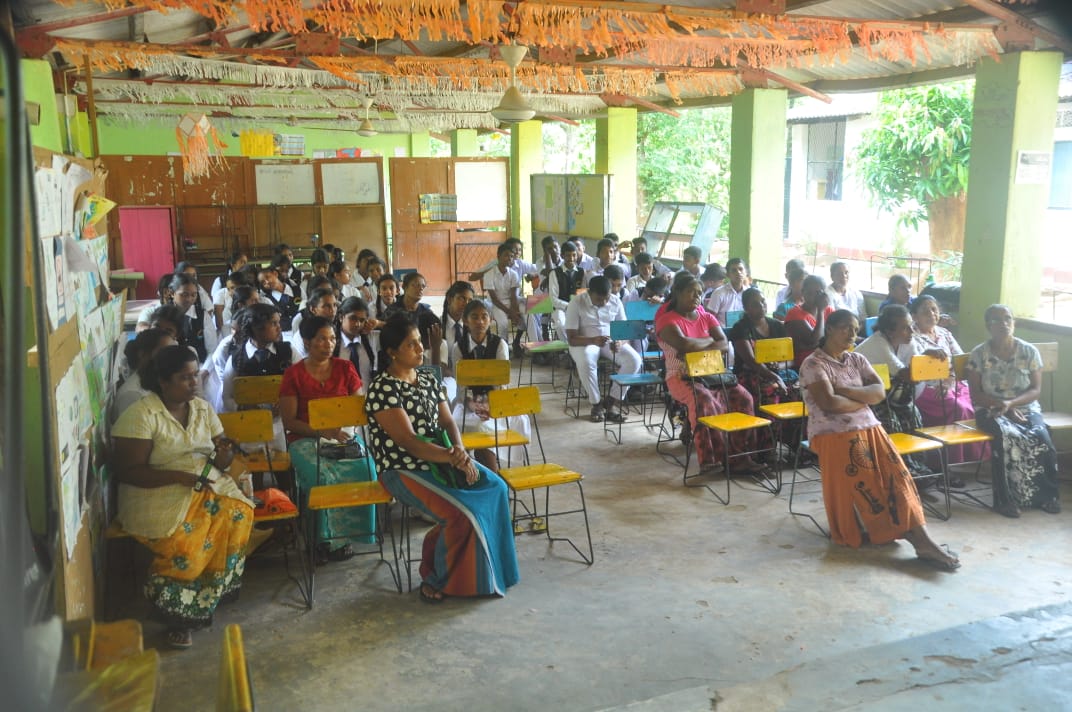Assessment of rainwater as an alternative drinking water source in the dry zone Sri Lanka
Australia awards small grant
The project contributes to the DFAT priority sector of Health Security. It specifically addresses the sub-categories of issues related to water, sanitation and hygiene, and public health awareness campaigns. The project will indirectly contribute to the theme of “Stable, cohesive and inclusive societies” by addressing the sub-category of environmental security.
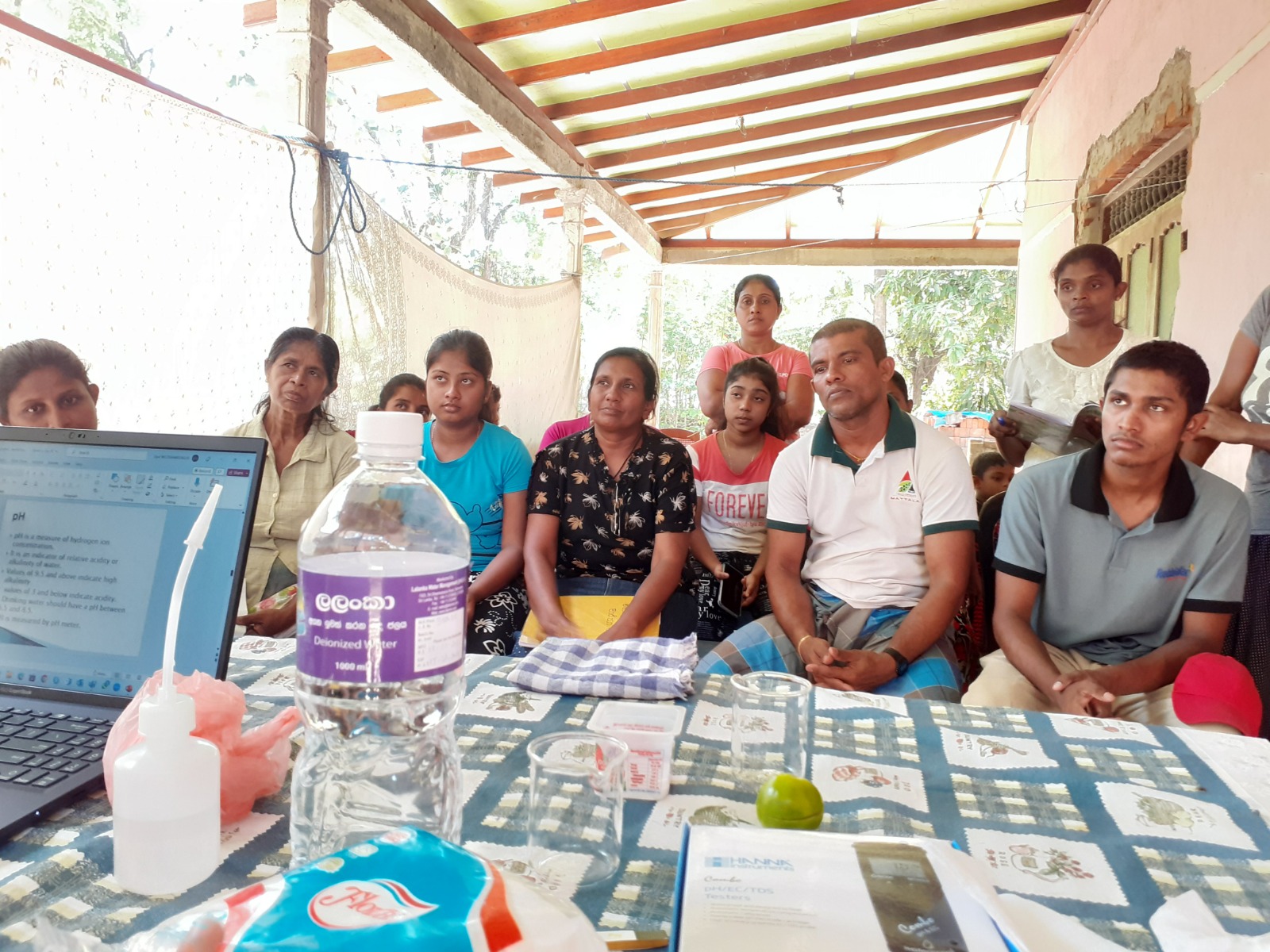
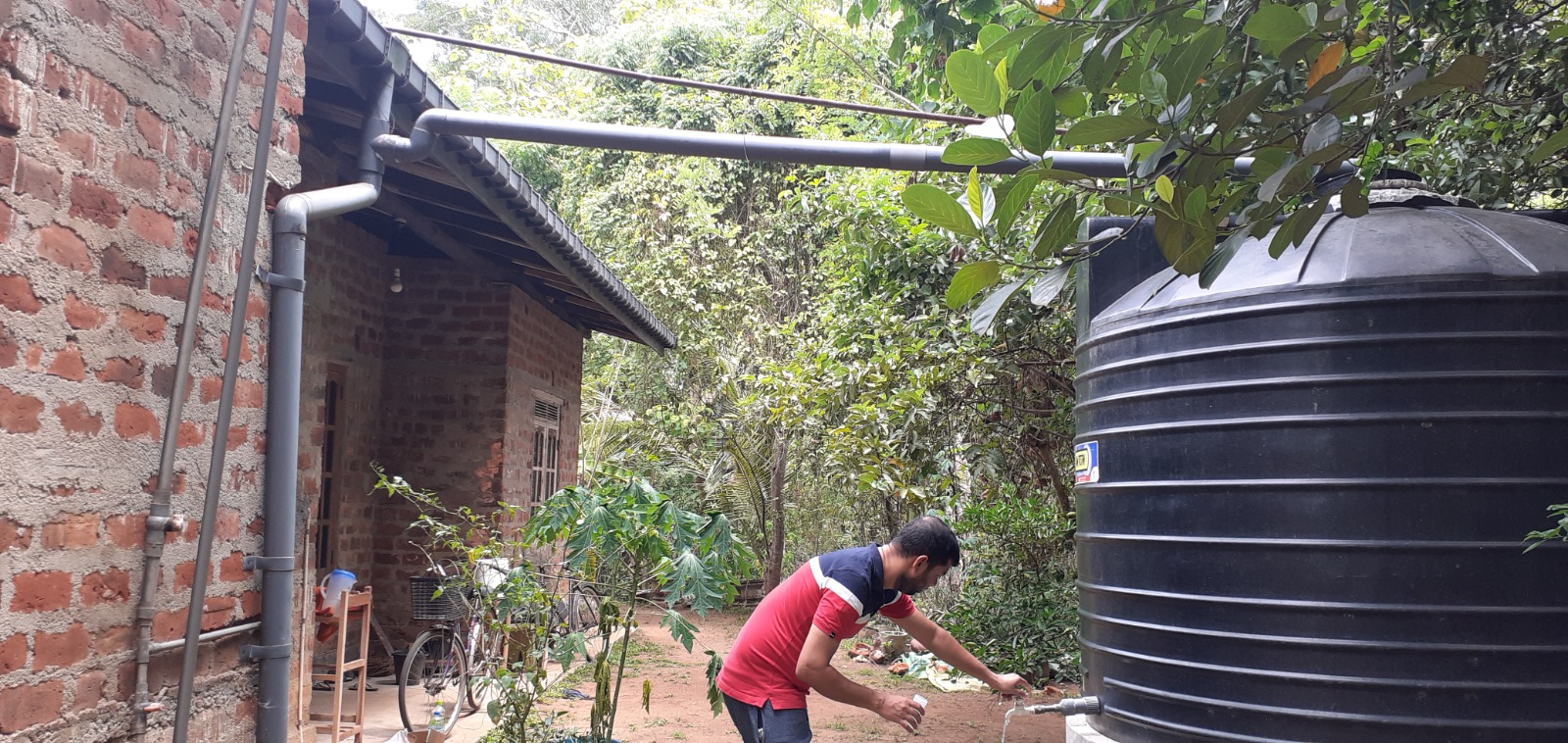
Chronic kidney disease of uncertain etiology (CKDu) has become a major public health concern in Sri Lanka over the last couple of decades. The prevalence of the disease is significantly higher in the dry zone, specifically in agricultural settlements developed under the Mahaweli Development Project (MDP), compared to the rest of the country. While the exact cause of the disease has not yet been scientifically confirmed, there is a growing consensus within the scientific community on polluted water and/or lack of water intake as the main source of the disease. Following this consensus, both governmental and non-governmental organizations have sought to provide clean water, mainly reverse osmosis (RO) filtered water, to people in affected areas.
Chronic kidney disease of uncertain etiology (CKDu) has become a major public health concern in Sri Lanka over the last couple of decades. The prevalence of the disease is significantly higher in the dry zone, specifically in agricultural settlements developed under the Mahaweli Development Project (MDP), compared to the rest of the country. While the exact cause of the disease has not yet been scientifically confirmed, there is a growing consensus within the scientific community on polluted water and/or lack of water intake as the main source of the disease. Following this consensus, both governmental and non-governmental organizations have sought to provide clean water, mainly reverse osmosis (RO) filtered water, to people in affected areas. The project was implemented in Ginnoruwa Grama Niladhari Division (GND), an agricultural settlement in the Mahaweli System C in the Uva Province, which is severely affected by CKDu. Due to the peculiar distribution of CKDu patients between different village hamlets in Ginnoruwa GND – Badulupura hamlet reports significantly higher number of CKDu patients compared to other hamlets – Ginnoruwa has been subjected to many biomedical, social, and anthropological research, conducted by both local and foreign researchers over the past eight years. The doctoral study of the main applicant – An ethnographic study of chronic kidney disease uncertain etiology (CKDu) and health philanthropy in Sri Lanka – is one of those studies that focused on villagers’ perceptions on water quality and philanthropic interventions, specifically targeted to abate CKDu by ensuring the water security. Building on Dr. Upul Wickramasinghe’s previous experience of and exposure to the ecological and social environment of Ginnoruwa, the project aimed to enhance villagers’ knowledge in drinking water quality and its potential relationship with CKDu, and to establish a community-driven mechanism to monitor rainwater quality regularly. As part of the project, a selected group of villagers will be trained to conduct basic water quality parameters (Eg: pH, conductivity, and turbidity) on a regular basis and develop a database. Randomly selected water samples tested from an accredited laboratory to crosscheck the results obtained by villagers. Sithumini Mendis is the implementing partner of this grant. Currently, she is reading for a master’s in environmental science at the University of Colombo, with a special focus on water security and pollution in the dry zone of Sri Lanka. She worked as a volunteer research assistant in Dr. Wickramasinghe’s doctoral research and her prior exposure to Ginnoruwa community was an added advantage in implementing the project successfully.
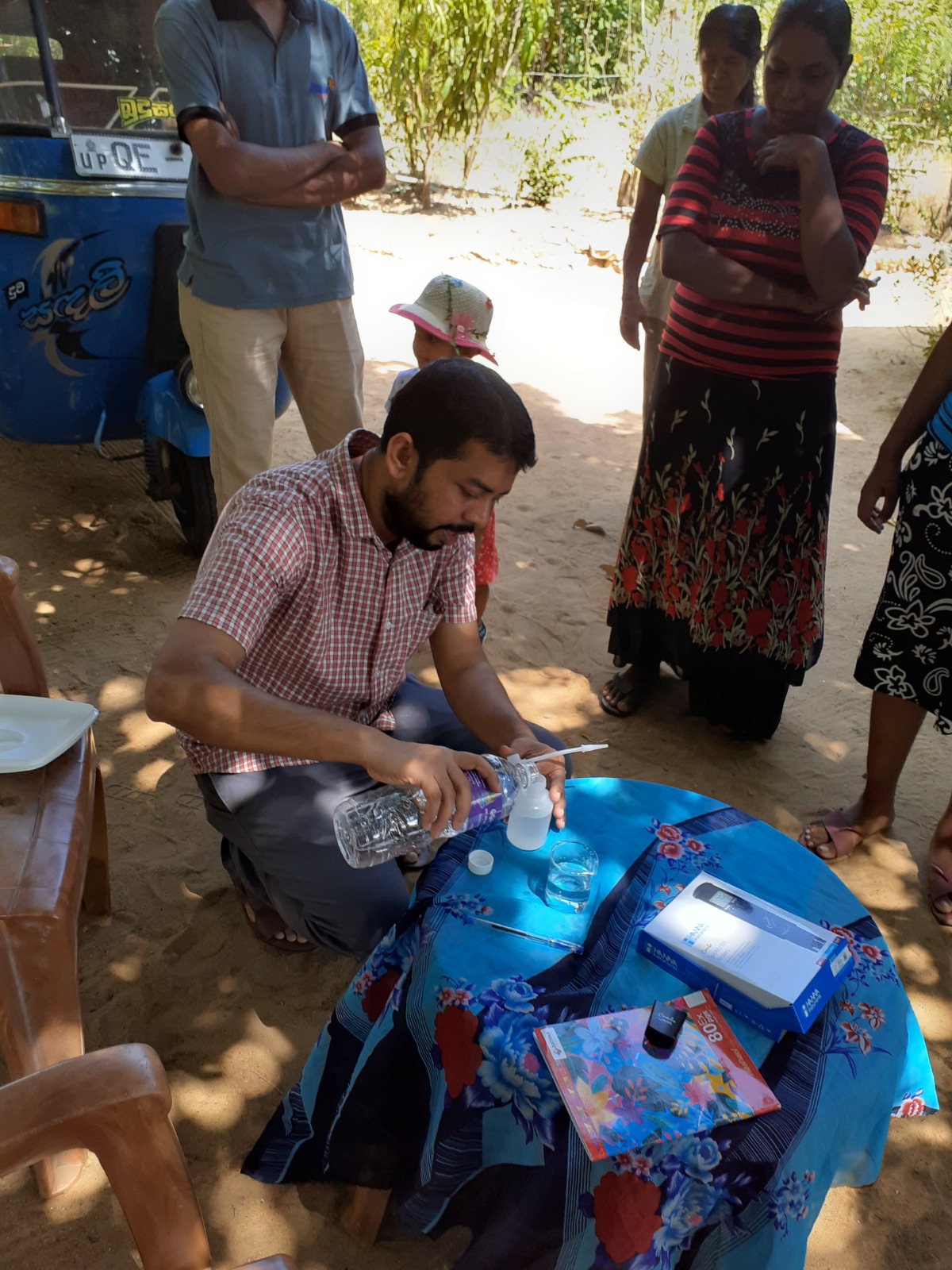
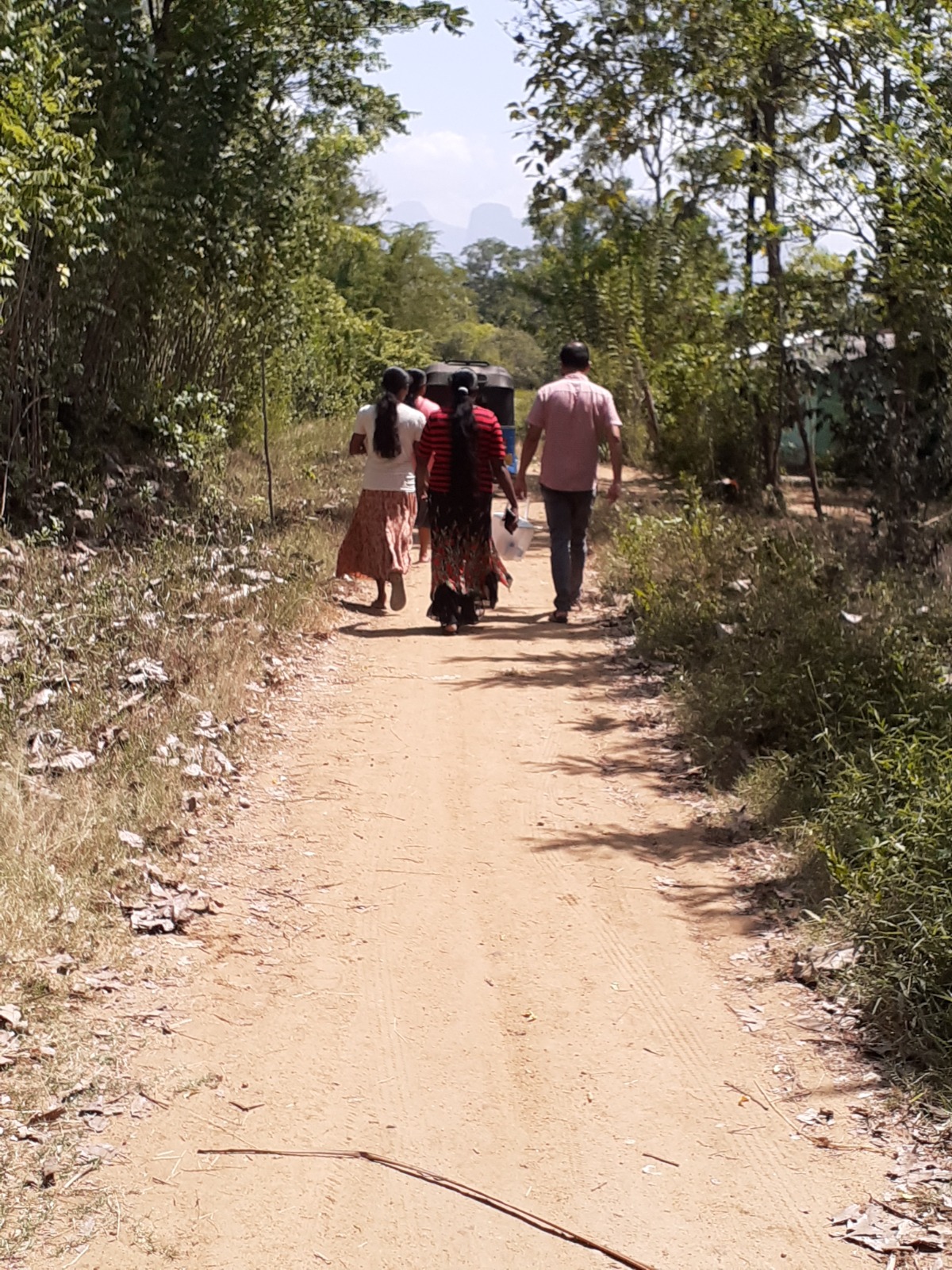
CKDu has disproportionately affected poor, rural, male farmers in hot climates not only in the dry zone Sri Lanka, but also in many other countries including Mesoamerican countries such as El Salvador, Nicaragua and Guatamala, Mexico, and in South India. Therefore, this project would be a local intervention with a global impact, as finding a sustainable preventive solution to CKDu would benefit everyone. This research study may not prove a direct relationship between the consumption of rainwater and reduction of CKDu disease burden. However, it will provide phenomenological observations on how CKDu patients feel the effect of consuming rainwater instead of well water and other water sources. These observations could be a starting point for biomedical research to investigate the clinical impact of rainwater on the progression of the disease.
Australia awards small grant
Assessment of rainwater as an alternative drinking water source in the dry zone Sri Lanka
Support
GSF is a community collective, founded in November 2018 by Dr. Upul Wickramasinghe during his doctoral fieldwork, with the support of villagers and several external supporters.
